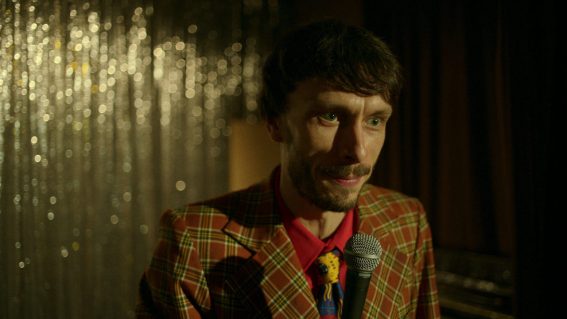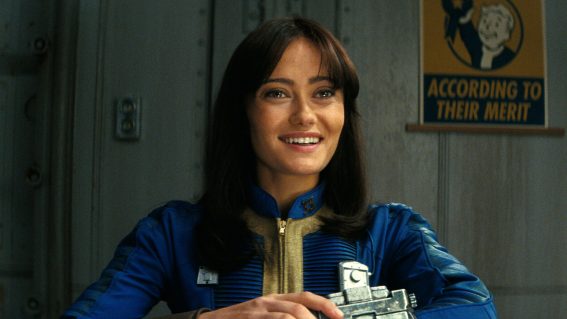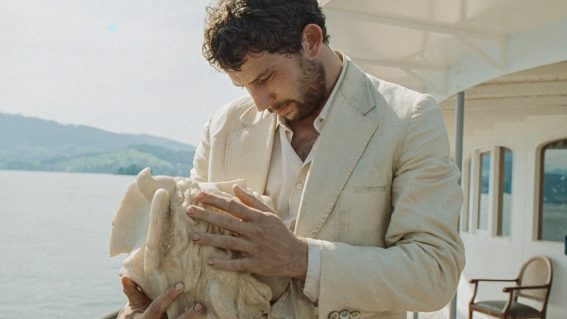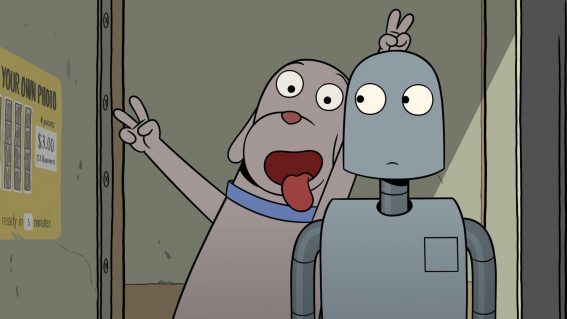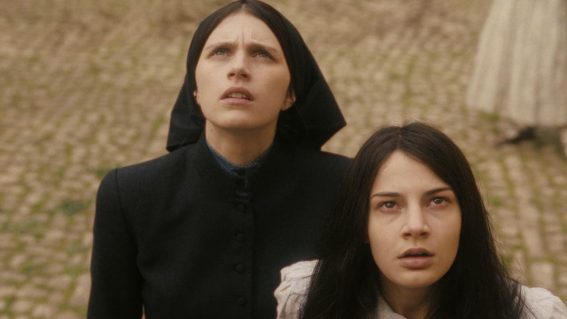Apollo 11 is a magnificent documentary about ambition and imagination
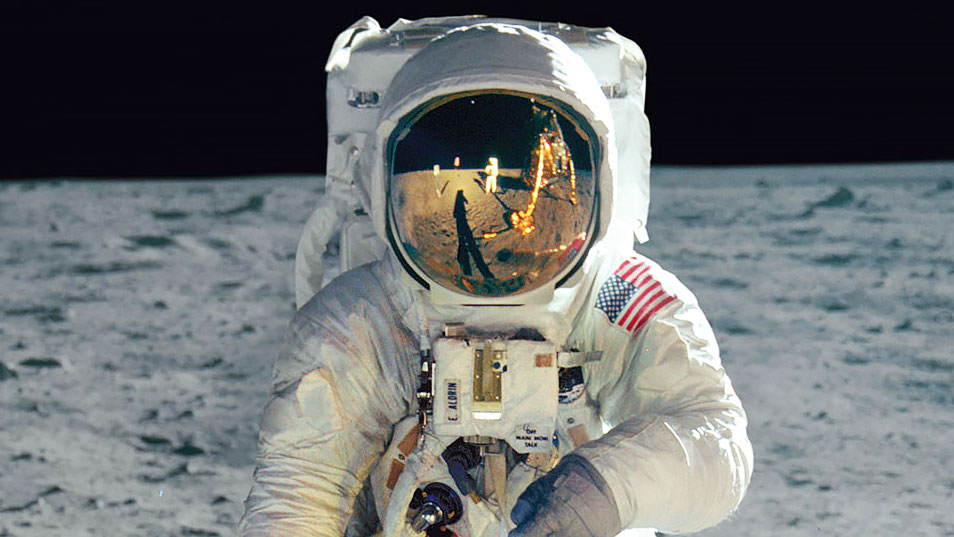
There are ‘big’ documentaries, and then there are documentaries as large and awe-inspiring as Apollo 11. This magnificent film is not to be missed, says critic Luke Buckmaster.
I’d love to see an alternate version of Apollo 11, recut with a voice of God narrator to walk us through everything – spelling out in explicit detail things the film skillfully communicates through other means. Not because I think this excellent, inspiring documentary from director Todd Douglas Miller would be better because of it, but because I think it would be much worse. So the two versions would provide a compelling case study: the moth-eaten voice of God style on one hand, and the famous ‘show don’t tell’ dictum in action on the other.
Here the filmmaker shows, shows, shows, creating a movie that is big in every way: big images, big sounds, big ideas, big achievements. It should be seen on as a screen as big as possible.
Miller’s creation of a “cinematic space event film fifty years in the making,” as the official marketing materials put it, is a work of assemblage methodically and yet intuitively constructed, with a heaving kind of largesse. Its photographic essay qualities reminded me of director Michael Wadleigh’s classic concert documentary Woodstock, not just in stylistic choices – such as split screen integration – but in the way Apollo 11 feels like a rhythmic work, carved from melody and modulation.
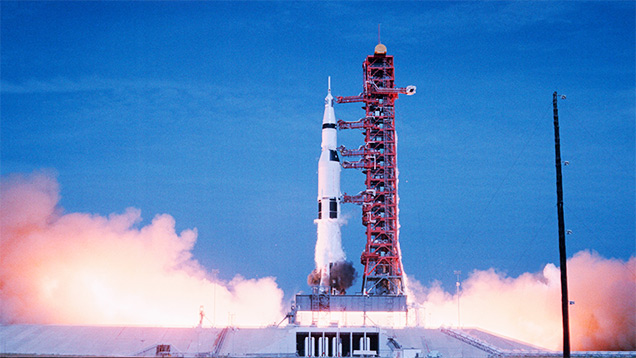
In Woodstock the musical elements were obvious: Joe Cocker with his angelic voice and sweat-slathered body; Janis Joplin with her Kozmic Blues; Hendrix with his astral-projecting anthems and electric wails. One of the great pleasant surprises of Apollo 11 is composer Matt Morton’s stunning score, a sonic mind trip of synthesisers and orchestral beats and blasts, which in a sense is a kind of time capsule itself – comprised entirely of instruments and effects that existed at the time of the titular space mission.
The soundtrack’s rises and tumbles are beautifully matched to the visuals, configured with an editing style not seen all that often in documentaries: full of dislocated images and grand canvases. Miller has embraced archival footage not as information dumps, or presentations of historical records, but spatial arrangements – to frame, reframe, manipulate and explore. In a sense the narrative is simple: rocket comes up, rocket comes down. But of course there is a world of meaning in the voyage, which is captured in great detail, albeit with understatement and narrative economy.
We see photographs of Neil Armstrong and his family early in the piece, including the astronaut holding his baby, which is enough to communicate basic information and to impart a brief emotional kick. Other filmmakers might have detoured from the core subject, perhaps crowbarring in footage of Armstrong discussing loved ones. By the time the film arrives at take off, only about 20 minutes in, the rocket ship spitting giant flames and rising like a great big monolith into the heavens, Apollo 11 is already thrilling. And we know the main event is coming.
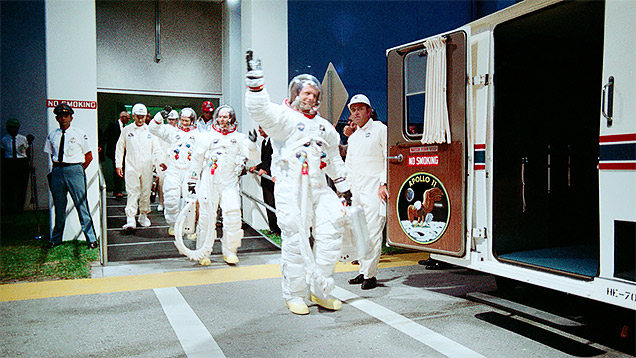
Miller maintains a stripped-back sensibility that allows moments to speak for themselves. When we hear “one small step for man…”, as we always knew we would, there is no triumphant or cheesy music; no cutting to footage of high fives and fist pumping. The director knows he doesn’t have to make too much of these moments; there’s no need to put a line under them. To an extent they speak for themselves.
I can’t emphasise the film’s melodical qualities enough. This rousing production in many ways is an exploration of the juncture connecting human imagination and invention. It really does flow like a piece of music. So much so, and with such dramatic, electric oomph that you could screen it at a rave with the sound cranked up and bug-eyed dancers would move to it, ogle at it, experience its rhythms. Apollo 11’s atmosphere is what makes it truly special. Atmosphere isn’t easy to translate into words, given all you can really do is feel it. And feel it you will.





